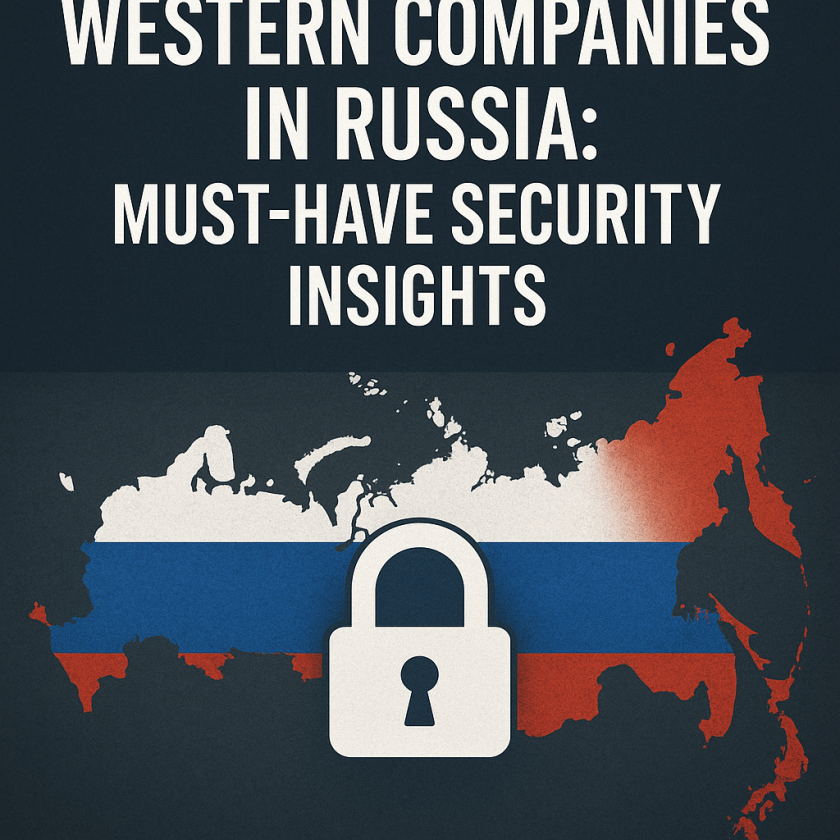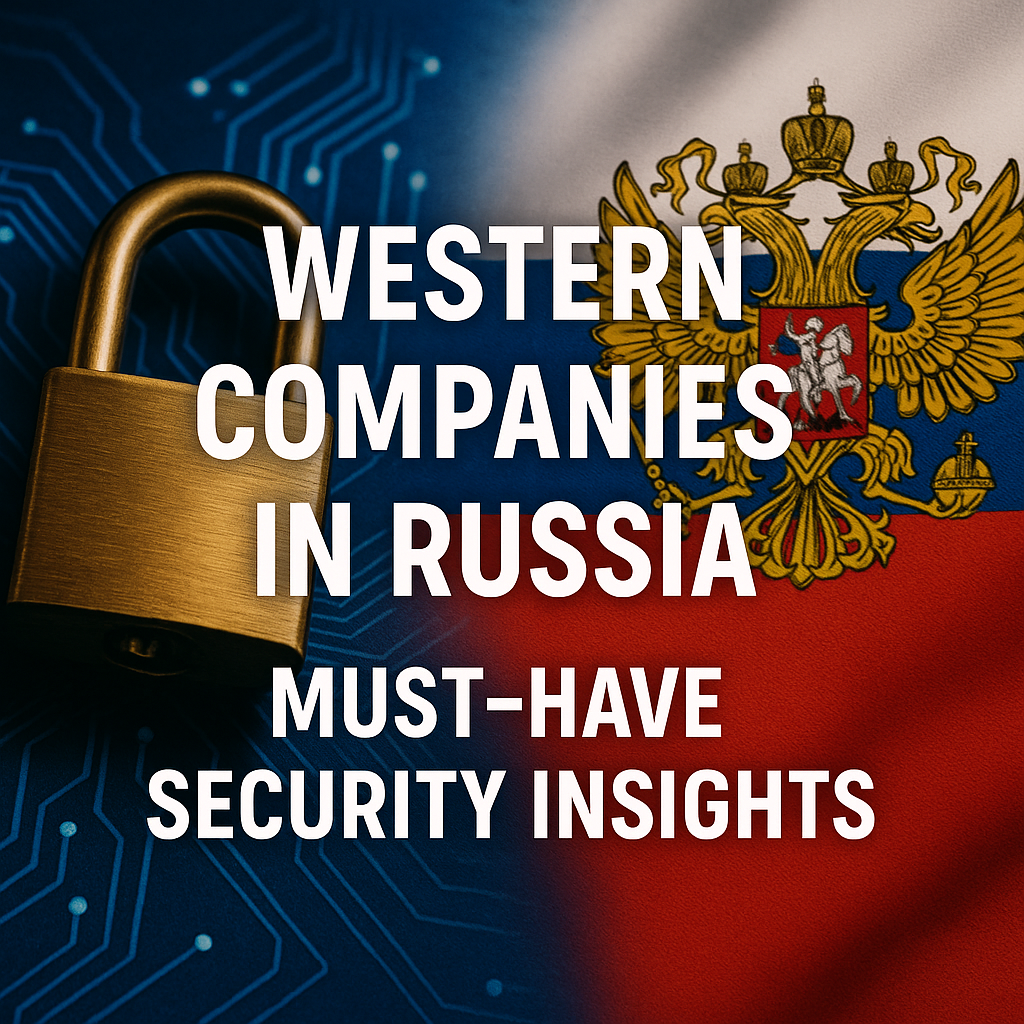Western Companies in Russia: Must-Have Security Insights
Western Companies in Russia: Must-Have Security Insights
Western companies operating in Russia are navigating an increasingly complex and challenging landscape. As geopolitical tensions escalate and regulatory environments shift, understanding the security implications of doing business in Russia has never been more critical. This article aims to provide valuable insights into the current state of affairs for Western businesses in Russia, reflecting diverse viewpoints from recent analyses and news reports.
Understanding the Current Landscape

The geopolitical climate between the West and Russia has become fraught, particularly following the escalation of conflict in Ukraine and subsequent sanctions imposed by multiple Western nations. These sanctions have led to significant economic setbacks for various sectors, compelling many Western companies to reconsider or modify their operations within Russia.
Economic Sanctions and Their Impact
According to reports from Al Jazeera, sanctions aimed at curtailing Russia’s economy have prompted Western companies to reassess their strategies. Major firms, including oil giants and consumer goods manufacturers, face heightened scrutiny and potential backlash. These sanctions have created both a logistical and ethical dilemma as businesses weigh the financial implications against reputational risks.
Furthermore, Sky News emphasizes that firms that continue to operate in Russia not only risk violating sanctions but may also face backlash from consumers in their home countries. Companies such as McDonald’s and IKEA have struggled with public perception regarding their presence in Russia even as some have opted for partial withdrawal. The tension between economic interests and ethical considerations remains a central theme.
Navigating Security in a Volatile Environment
As companies grapple with the ramifications of operating in Russia, it’s vital to understand the multifaceted security challenges at play. A blend of operational, cyber, and reputational security considerations awaits those looking to establish or maintain a presence in this complex market.
Operational Security Risks
From the operational standpoint, companies must contend with increasing regulatory scrutiny and an environment rife with potential instability. According to RT News, President Putin’s recent speeches reflect a commitment to supporting Russian businesses while limiting foreign influence, indicating a potential shift towards localization and state control. This translates into a need for Western firms to enhance their operational security measures to protect both assets and personnel.
In practical terms, operational security can be fortified through various strategies, including:
– Localization of Supply Chains: Shifting towards local suppliers can reduce dependencies on foreign entities, thus mitigating risks associated with exportation challenges due to sanctions.
– Enhanced Cybersecurity Protocols: As Russia has been implicated in various cyber incidents, companies must invest in robust cybersecurity measures to shield themselves from potential breaches or attacks.
Cybersecurity: A Key Concern
Cybersecurity is perhaps the most pressing security concern for Western companies. With reports of increased cyber activities linked to state-sponsored groups, vigilance is essential. Experts stress that businesses need to improve their cybersecurity infrastructure to withstand potential intrusions, such as ransomware attacks that have become more prevalent globally.
Reports from Sky News highlight the necessity for companies to invest in training their personnel on cybersecurity protocols to minimize vulnerabilities. Furthermore, employing advanced technologies such as AI-driven analytics can help companies detect and respond to potential threats more effectively.
Balancing Risks and Opportunities
Despite the myriad of risks, there are opportunities available for Western companies willing to stay the course in Russia. Some analysts suggest that the demand for Western products remains strong due to local market gaps. For instance, the absence of major consumer brands provides a niche for companies that can navigate the volatile landscape effectively.
Conclusion: A Complex Decision
Deciding whether to continue operations in Russia is a multifaceted decision that depends upon various factors, including geopolitical dynamics, operational feasibility, and ethical considerations. As companies weigh these elements, they must approach the situation with both caution and strategic foresight.
Ultimately, while the risks of operating in Russia are palpable, understanding and addressing the security challenges can enable companies to make informed decisions that align with their broader corporate strategies. As the situation evolves, ongoing diligence and adaptability will be key for Western companies navigating this complex environment.






































